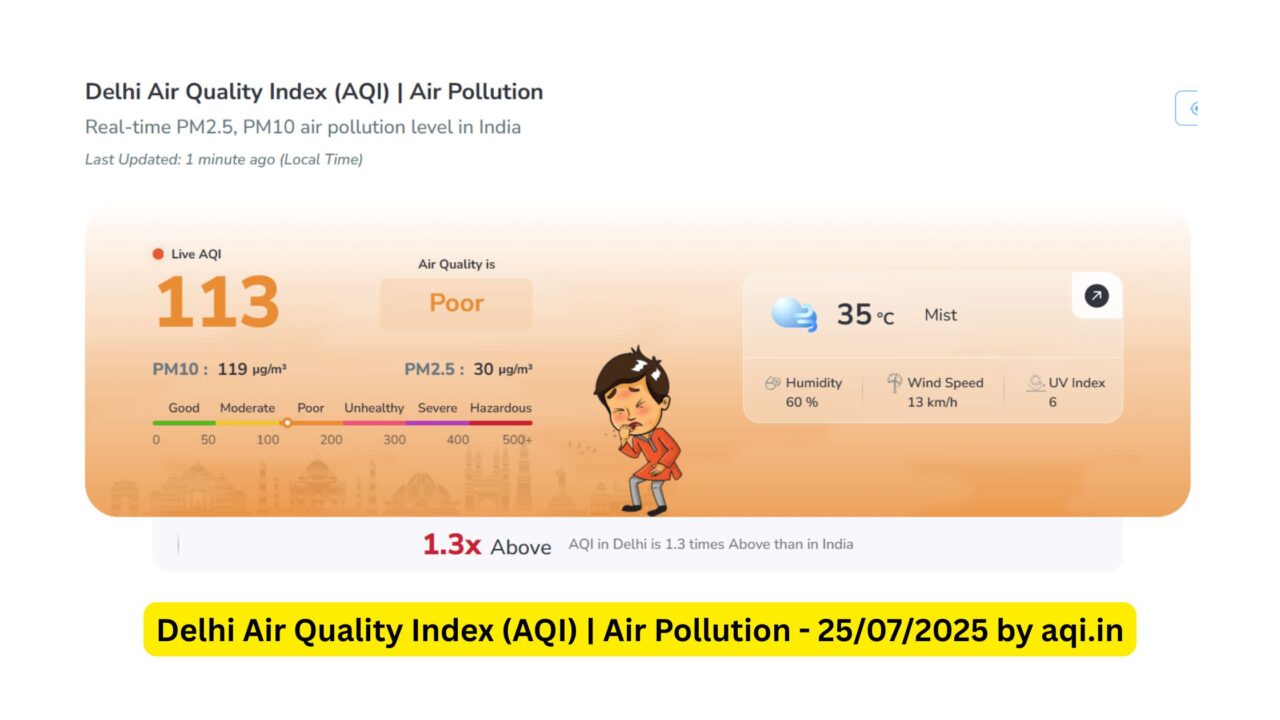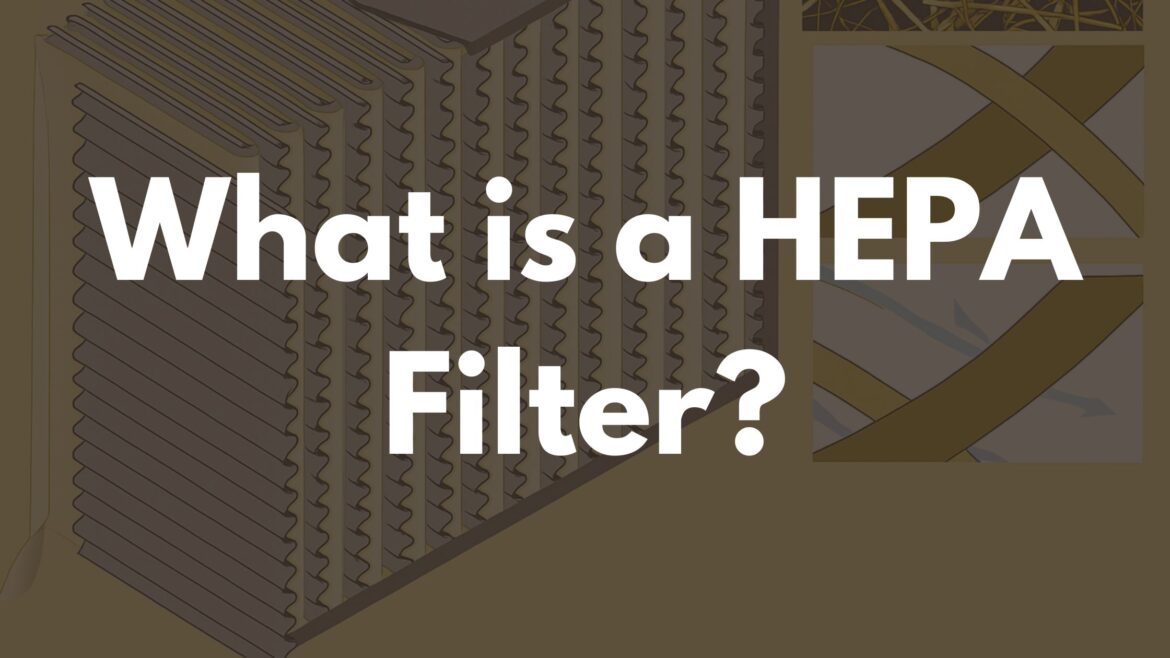With rising air pollution in Indian cities, HEPA filters are now more important than ever. From Delhi’s smog to Mumbai’s humidity, air pollution is a common concern across India. With rising air pollution in Indian cities, HEPA filters are now more important than ever. From Delhi’s smog to Mumbai’s humidity, air pollution is a common concern across India.
In fact, Delhi’s air quality has become such a concern that authorities have even explored cloud seeding, a weather modification technique that induces artificial rainfall, as a temporary measure to reduce smog. While such outdoor solutions may provide short-term relief, maintaining clean indoor air remains crucial. That’s where HEPA filters come in, especially when used in air purifiers designed for Indian homes. Studies show that indoor air may contain as many, or even more, pollutants than outdoor environments. That’s where HEPA filters come in, especially when used in air purifiers designed for Indian homes.
Check why Degree Day’s HEPaire is the best air purifier for Delhi Air Pollution
In this blog, we will explain:
- What HEPA filters are
- How they work
- Why are they essential in air purifiers for the Indian climate and environment
What is a HEPA Filter?
HEPA stands for High-Efficiency Particulate Air filter. A true HEPA filter is certified to remove at least 99.97% of airborne particles that are 0.3 microns in size, including pollutants much smaller than dust. HEPA filters are used in Home air purifiers, Hospitals, and labs (Medical Grade Air Purifier), HVAC systems, Cars, airplanes, and public transport.
Be cautious of misleading labels. Terms like “HEPA-type” or “HEPA-like” may sound convincing, but they do not meet the official HEPA standards. These filters are often far less effective at capturing fine particles and may compromise air quality. Always look for certified true HEPA filters that comply with standards like EN1822 for guaranteed performance.
How Do HEPA Filters Work?
Unlike simple mesh filters, HEPA filters are made of a dense web of synthetic or glass fibers. As air passes through, particles are trapped by one of three key mechanisms:
1. Impaction: Large particles collide with the fibers and get stuck.
2. Interception: Medium-sized particles follow the airflow but brush against fibers and get caught.
3. Diffusion: Tiny particles like viruses move randomly (Brownian motion) and end up sticking to fibers.
This makes HEPA filters effective at capturing PM2.5 and even smaller particles, a major issue in Indian metros.
In cities like Delhi, Patna, or Kanpur, where AQI often crosses 300+, HEPA filters are crucial for indoor air safety. Check your City Air Quality Here

What Do HEPA Filters Remove?
HEPA filters are effective against:
● Dust and pollen
● Pet dander
● Mold spores
● Smoke and fine particles (PM2.5)
● Bacteria and some viruses
This makes them ideal for people suffering from allergies, asthma, or respiratory issues.
HEPA Filters in Air Purifiers
Most air purifiers in India from brands like Greencon, Coway, Philips, and Dyson use multi-stage purification systems that include:
1. Pre-filter – Traps large particles like hair and visible dust
2. HEPA filter – Captures fine particles like allergens, bacteria, and PM2.5
3. Activated carbon filter – Absorbs gases, VOCs, and odours
Look for “True HEPA” when buying an air purifier, which ensures tested and certified efficiency.
Greencon offers three high-performance HEPairé air purifiers to suit different space sizes and applications from residential bedrooms to ICUs and operating theatres. All models are equipped with H14 HEPA filters, G4 pre-filters, and select models feature UVGI sterilization.
Model Overview
1. HEPairé AURA – Residential/Office Use
● Ideal for: Bedrooms, cabins, small offices
● Key Features: Silent operation, compact design, efficient HEPA purification
● No UVGI – best for general air cleaning needs
2. HEPairé PURA – Multi-room, Clinical Use
● Ideal for: Clinics, OPDs, small patient rooms
● Includes: HEPA + UVGI to eliminate airborne germs and viruses
● Higher airflow and wider coverage
3. HEPairé ASTRIA – Hospital-Grade for Critical Spaces
● Ideal for: Minor OTs, ICUs, large OPDs
● Highest CADR and area coverage
● Designed to maintain sterile environments in healthcare facilities
Why Choose HEPairé?
● H14 HEPA (EN1822 Certified): Captures 99.97% of particles ≥0.3 microns
● UVGI Lamps (PURA & ASTRIA): Deactivates trapped pathogens
● Energy Efficient EC Fans: Low noise, high airflow, low power draw
● Designed for India: Meets CDC, ASHRAE & ISHRAE standards
Contact us for more details – Email Us: [email protected]
Benefits of Using HEPA Filters
1. Better Respiratory Health: Helps alleviate breathing problems in children, the elderly, and individuals with asthma.
2. Allergy Relief: Reduces triggers like dust mites, pollen, and pet fur.
3. Cleaner Indoor Spaces: Less dust accumulation on furniture and floors.
4. Post-COVID Safety: Adds an extra layer of protection against airborne viruses and bacteria.
Limitations and Maintenance
1. Cannot remove gases or smells: You’ll need a carbon filter for that.
2. Requires regular replacement: Replace every 6–12 months, depending on usage.
3. Wrong usage reduces efficiency: Place your purifier correctly and ensure it’s suitable for your room size.
In India, where outdoor air pollution is a daily concern, investing in an air purifier with a True HEPA filter is a smart and health-conscious decision. It not only improves air quality but also enhances comfort and well-being inside your home or office.
Frequently Asked Questions
HEPairé AURA is ideal for bedrooms and small offices
HEPairé PURA suits clinics and multi-room spaces
HEPairé ASTRIA is designed for ICUs, OTs, and critical hospital areas
Choosing the right model depends on room size and application.
Yes. HEPA air purifiers are completely safe and highly beneficial for children, elderly individuals, asthma patients, and allergy sufferers, especially in high-pollution Indian cities.
HEPA filters can trap bacteria and some viruses from the air. When combined with UVGI technology, as in HEPairé PURA and ASTRIA models, they help deactivate airborne pathogens, making them suitable for hospitals and clinics.
Yes. HEPA filters are highly effective in removing PM2.5, smoke particles, and smog pollutants, which are the main contributors to Delhi’s poor AQI. Using a HEPA-based air purifier significantly improves indoor air quality during high pollution days.

